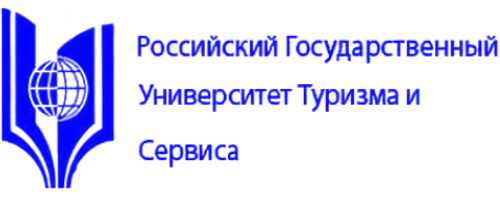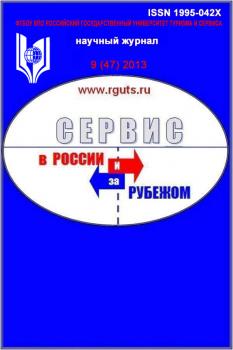The article addresses the issues of the need of use a form of training in teaching techniques of business communication, the stage of the natural cycle of learning and the preferred styles of learning are described, the recommendations for their use to increase the motivation of students and the effectiveness of the learning process are given. The author describes the features of the interaction between the coach and the client, i.e., between teacher and student in different paradigms of the training, conditions that helping students to take a subjective position in the educational process are given, as well as a model in the format of the training exercise is represented. The methodological basis of training technology is the theory of natural learning, the natural mastering of the experience of the American Psychologist Consultant of training D. Kolb. We easily learn on the basis of directly lived experience. This approach is opposed to education in which the student only reads, listens, and retells material. The "natural" educational cycle started in a particular experience, developing our ability to perceive of new. Further, we observe this new, comprehend – this is the stage of analysis, developing the capacity for reflection and interpretation. The third phase - the conceptualization of experience. It is our ability to think systemically, holistically, logical and purposeful, ability to form concepts. And finally, it is the active experimentation directed by our ability to solve problems and draw conclusions on the basis of theoretical knowledge. This is the phase of development of new experiences. It´s possible to address for different phases few times and many times before will be achieved new knowledge and new real acting experience. Cycle of education can be called a spiral of learning. Correct training program needs to be balanced. It is the most effective to mastering a new experience in own style of learning. Competent understanding of these styles allows knowingly use strong points, to develop less expressed abilities and to be tolerant to other people´s preferences. Individually and precisely allocating roles, defining forms of activity, the teacher creates the conditions for a comfortable and efficient learning process.
learning, individual learning style, the active experience
1. Vachkov, I.V., Deryabo, S.D. Okna v mir treninga. - SPb.: Rech´, 2004. - 272 s.
2. Dzhonson, R. 40 uprazhneniy treninga NLP. - M.: izd-vo «KSP+», 2000. -384 s.
3. Zorina, N.M. Ispol´zovanie diskursivnykh matrits v formirovanii kommunikativnoy kompetentsii studentov. Srednee professional´noe obrazovanie. - 2010. - № 1. - S. 30-33.
4. Kireenkova, Z.A. Uchebnye navyki kak instrument i sredstvo razvitiya professional´noy kompetentsii. Vestnik assotsiatsii Vuzov turizma i servisa. - 2011. - №3.
5. Kotler, F., Bouen, Dzh., Meykenz, Dzh. Marketing. Gostepriimstvo. Turizm. - M.: Yuniti-Dana, 2012. - 1071 s.
6. Klarin, M.V. Korporativnyy trening ot A do Ya. - M,: Delo, 2001, - 224 s.
7. Novikova, N.G., Zorina, N.M., Kortunov, V.V. Ispol´zovanie situatsionnykh zadach v obuchenii studentov sozdaniyu delovogo diskursa. Obrazovanie i obshchestvo. - 2014. - T. 6, № 89. - S. 28-32.
8. Modelirovanie professional´noy traektorii vypusknikov na osnove integratsii klassicheskogo i biznes-obrazovaniya / N.M. Pestereva, N.P. Mazaeva, Yu.N. Bavrina, M.V. Vinogradova, L.K. Gori, E.A. Gubanova, O.B. Dobryakova, G.I. Ilyukhina, Z.A. Kireenkova, N.I. Kovaleva, A.A. Larionova, E.S. Mukhortykh, N.S. Mukhortykh, O.I. Predbannikova, T.E. Rivchun, N.L. Smit, I.A. Suslova, P.A. Trubkin, I.A. Shishkina, V.N. Romanova i dr.: otchet o NIR (Federal´noe agentstvo po obrazovaniyu). - M., 2008.
9. Pligin, A.A., Gerasimov, A.V. Rukovodstvo k kursu NLP-Praktik. - M.: KSP+, 2009. - 576 s.
10. Sidorenko, E.V. Tekhnologii sozdaniya treninga. - SPb.: Rech´, 2008. - 336 s.
11. Fantalova, E.B. Tsennosti i vnutrennie konflikty: teoriya, metodologiya, diagnostika. - Saarbrucken: LAP LAMBERT Academic Publishing, 2012. -184 s.
12. Zorina N.M., Kortunov V.V. The issues of methodology of a discourse-analysis in teaching of professional speech to the students of non-philological specialties. Middle East Journal of Scientific Research. 2014. T. 19. № 4. S. 554-559.





